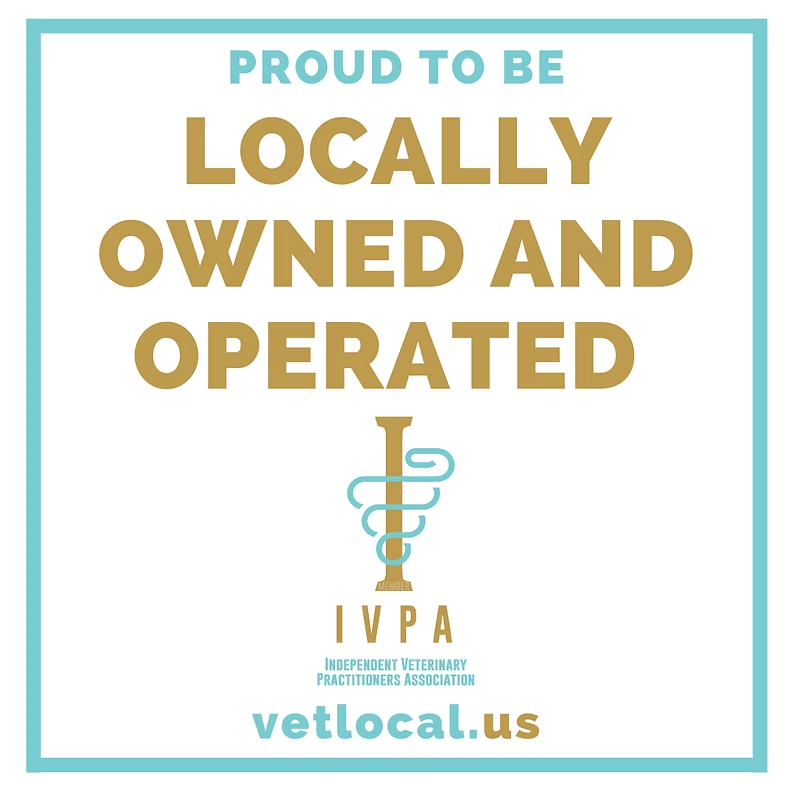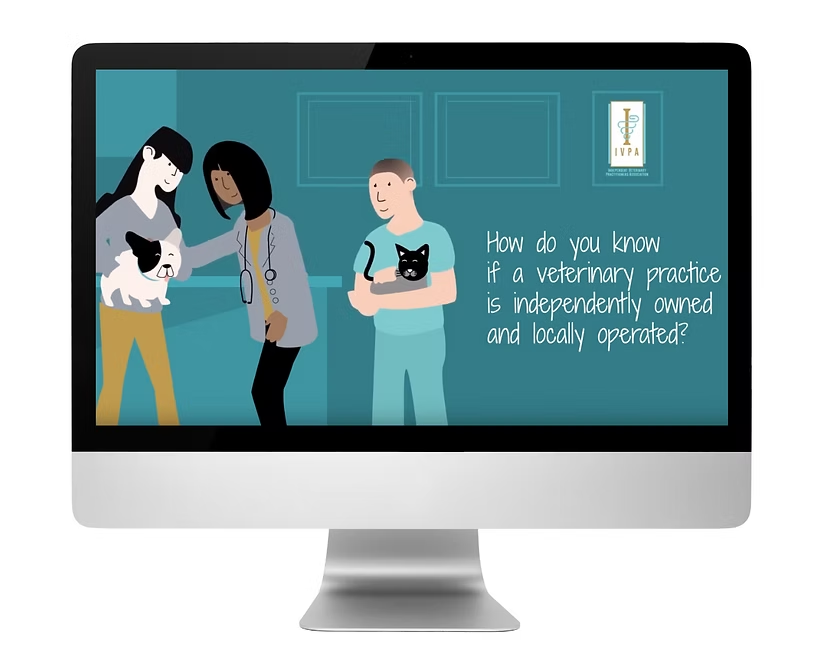Veterinary Care is Now Big Business
Over the past few decades, many long-established veterinary practices have been purchased by large corporations or private equity firms who see enormous financial opportunity within the pet services industry. Some of the features that are attracting investment groups to this market include:
- $45.9 billion in repetitive revenue (www.ibisworld.com)
- Between 28-32K practices in the U.S. (2017 AVMA Report, Market for Veterinary Services)
- Demand for pet care is inelastic and largely recession proof, as the majority of pet owners consider them to be members of the family
- 2/3 of U.S. households own pets and that number is only expected to grow. (www.iii.org and www.ibisworld.org)
- A pay-for-services model with no reimbursement risk
In other words, small town veterinary care has become a large profit center for those hoping to realize strong ROI.

Large consolidators are able to leverage economies of scale and utilize a centralized management structure to their advantage, thus achieving efficiencies that are out of reach for an independent practice. Unfortunately, all revenue generated by the practice is returned to a home office, which may or may not be located in the United States.
These acquisitions tend not be publicized, and there are no obvious changes that would alert clients to new ownership – at least not right away – so it can be hard to tell the difference between local and corporate-owned hospitals. Eventually, you may start to see pricing changes (such as additional fees), doctors and/or staff members you don’t recognize, the introduction of new policies and procedures, and possibly some aesthetic upgrades to the facility.

Check on their website to see if their ownership structure is mentioned. They likely won’t indicate if they’re corporate- or private equity-owned, but independent veterinarians are proud to be locally owned.
-
Look for the Independent Veterinary Practitioners Association (IVPA) logo either on the website or displayed at the hospital. Membership in this association symbolizes a practice’s commitment to its patients, its clients and the community as a whole.
-
Call the practice and/or ask the veterinarian directly. He or she may try to avoid answering that question, especially if it’s not what they think you want to hear. Don’t settle for less than a “yes” or “no” answer

